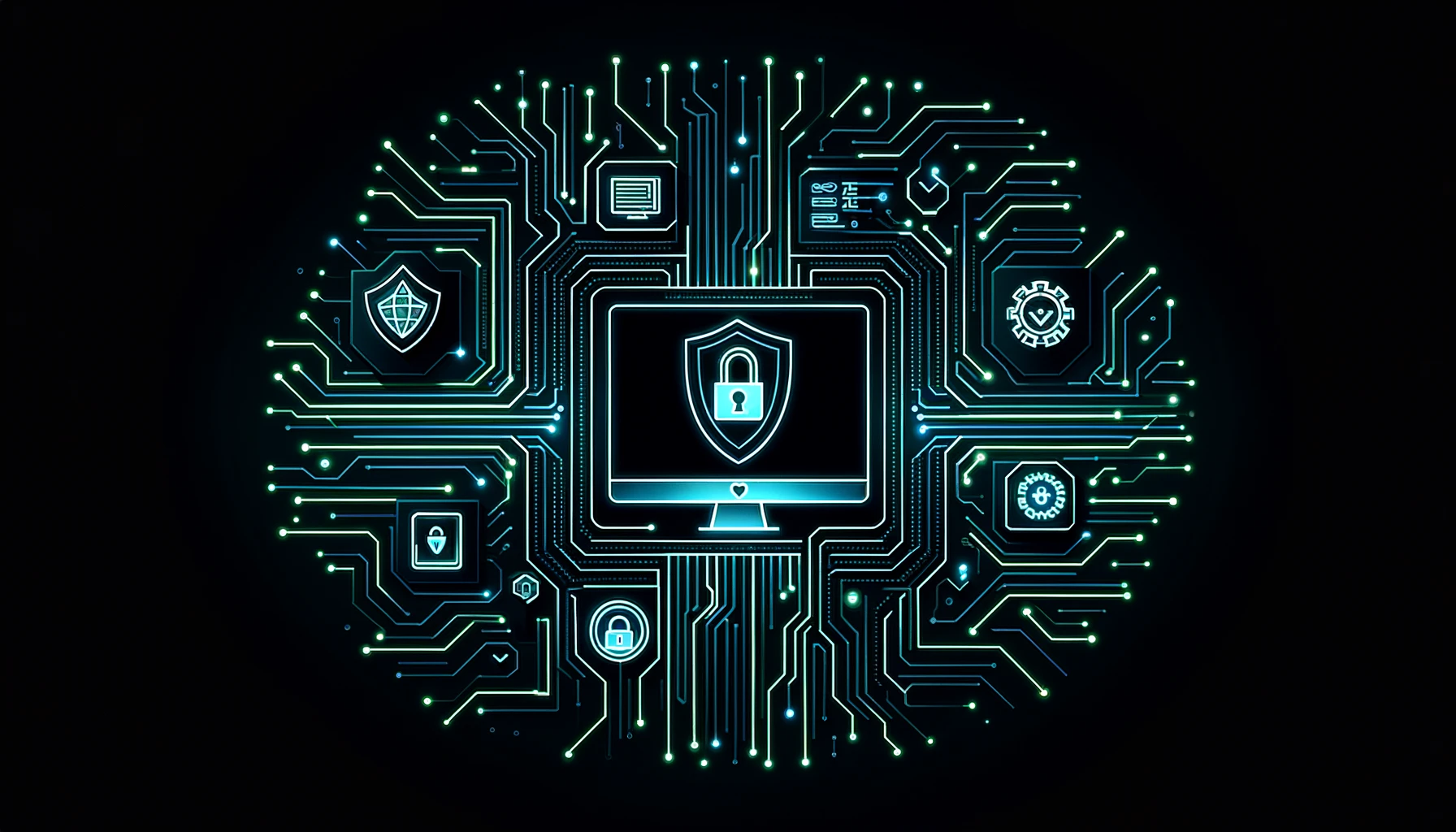Virtual Private Network (VPN)
Virtual Private Network (VPN)
A Virtual Private Network (VPN) is a tool that helps keep you safe and private online. It encrypts your internet connection and hides your IP address. This means you can use the internet safely, even on public Wi-Fi, like at a coffee shop. A VPN creates a secure "tunnel" for your data. People use VPNs to protect their personal information, access content from other countries, and connect to work networks safely.
Key Points
- Privacy & Security: VPNs encrypt your internet connection to keep your data safe.
- Anonymity: VPNs hide your IP address to help you stay anonymous online.
- Remote Access: Connect safely to your work network from anywhere.
- Bypass Geo-Restrictions: Use VPNs to access content blocked in your country by connecting to servers in other locations.
- VPN Types: Includes Site-to-Site, Remote Access, and Mobile VPNs for different needs.
To learn more about our related IT security services and how we can help protect your online presence, check out our Penetration Testing page.
Related Terms
How VPNs Work
A VPN works by creating a secure tunnel between your device and a VPN server. This tunnel encrypts your data, which means that even if someone intercepts it, they can't read it. Most VPNs use protocols like OpenVPN and IPsec to keep your information safe. VPNs also replace your real IP address with the IP address of the VPN server, which helps keep your location and identity private.
Types of VPNs
- Remote Access VPN: This type lets people connect securely to a private network from a remote location, like when employees work from home.
- Site-to-Site VPN: This type is used by large companies to connect different office networks, making data sharing between branches easy and secure.
- Mobile VPN: This type is for people who use their phones or tablets. It keeps the connection secure even when you switch from Wi-Fi to mobile data.
- Personal VPN: These are used mostly for privacy and to access content that is blocked in your country, like streaming videos.
For more details about security practices with VPNs, visit our blog on Cloud Security to learn how to protect your digital activities.
Benefits of Using a VPN
- Better Privacy: VPNs keep your browsing activity private from internet providers and websites.
- Stronger Security: When you use public Wi-Fi, a VPN keeps your data safe from hackers.
- Safe Remote Access: Businesses use VPNs to let employees connect to their work network securely from anywhere.
- Access Blocked Content: You can use VPNs to connect to servers in other countries and access content that may not be available where you live.
- Hide Your IP Address: This helps you stay anonymous while browsing online.
Popular VPN Protocols
- OpenVPN: This is an open-source protocol known for being secure and flexible. It is used in both business and personal settings.
- IPsec: A popular protocol that encrypts data at the network level, often used by companies for secure communication.
- L2TP/IPsec: This protocol combines Layer 2 Tunneling Protocol with IPsec to give an extra layer of security, making it reliable.
- IKEv2: Known for being fast and stable, this protocol is great for mobile users who need a stable connection when switching networks.
To learn more about how these protocols keep data safe, read our article on encryption.
Common Use Cases for VPNs
- Remote Work: VPNs let employees connect to their company’s network securely from any location, making sure their work stays safe.
- Bypassing Blocks: VPNs help you get around government censorship or watch services like Netflix that might not be available in your country.
- Public Wi-Fi Security: Using a VPN on public Wi-Fi stops hackers from stealing your personal information.
- Avoid Bandwidth Throttling: Sometimes internet providers slow down your speed based on your activities. VPNs help avoid this by hiding your activity.
FAQ
A VPN routes a device's Internet traffic through an encrypted tunnel to a server somewhere else, protecting the data and hiding the IP address.
VPNs increase security and privacy when browsing the Internet, particularly on public WiFi networks.
While VPNs significantly improve privacy, they don't offer complete anonymity. They obscure the IP address and encrypt traffic, but the VPN provider can theoretically see the activity.



































